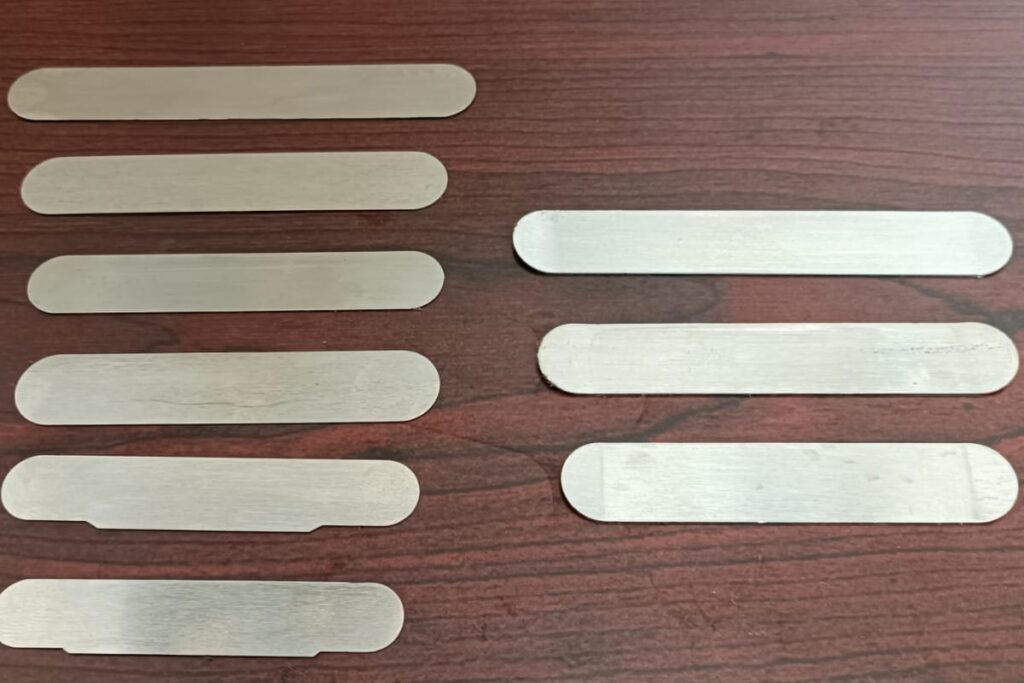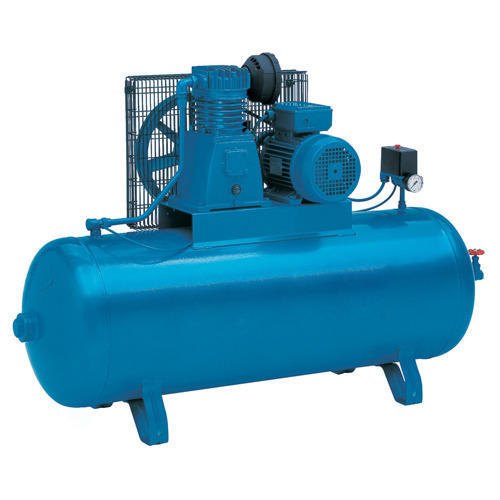Air Compressors
Home >> Air Compressors
Air compressors are essential devices in both residential and industrial settings, providing compressed air for powering tools, machinery, and various applications. From construction sites to workshops, air compressors are used to increase productivity and efficiency.
Air compressors are invaluable tools with applications spanning construction, automotive, manufacturing, home improvement, and HVAC. Choosing the right air compressor depends on factors like pressure requirements, job environment, and maintenance preferences. With the right compressor, you can improve efficiency, precision, and productivity across numerous tasks, making them a smart investment for any workspace.
Types of Springs Used In Air Compressors

Compression Springs
Compression springs are among the most common types used in air compressors, helping with valve operation and pressure regulation.

Valve Plate
The valve plate is a crucial component in an air compressor, responsible for controlling the flow of air in and out of the compression chamber.
Applications of Springs In Air Compressors
Pressure Relief Valves
Pressure relief valves are safety components in air compressors, ensuring the system doesn’t exceed its designated pressure.
How It Works: A compression spring holds the relief valve in place, releasing pressure when the set threshold is reached. This prevents potential damage or dangerous situations caused by excess pressure.
Benefits: Pressure relief springs enhance compressor safety, extend component lifespan, and help maintain operational stability.
Intake & Exhaust Valves
Springs are integral to the intake and exhaust valves, which manage airflow in and out of the compression chamber.
How It Works: Springs control valve movement, ensuring precise timing for opening and closing. This timing is critical for efficient airflow and maintaining consistent pressure.
Benefits: With springs in place, intake and exhaust valves operate smoothly, contributing to efficient compression cycles and reducing the risk of airflow disruptions.
Vibration Dampening
Springs are often incorporated into air compressor bases and mounts to minimize vibration and noise.
How It Works: Springs absorb vibration generated by the compressor motor and other moving parts, stabilizing the unit.
Benefits: Vibration control springs reduce noise levels, protect sensitive components, and provide a smoother operating experience.

